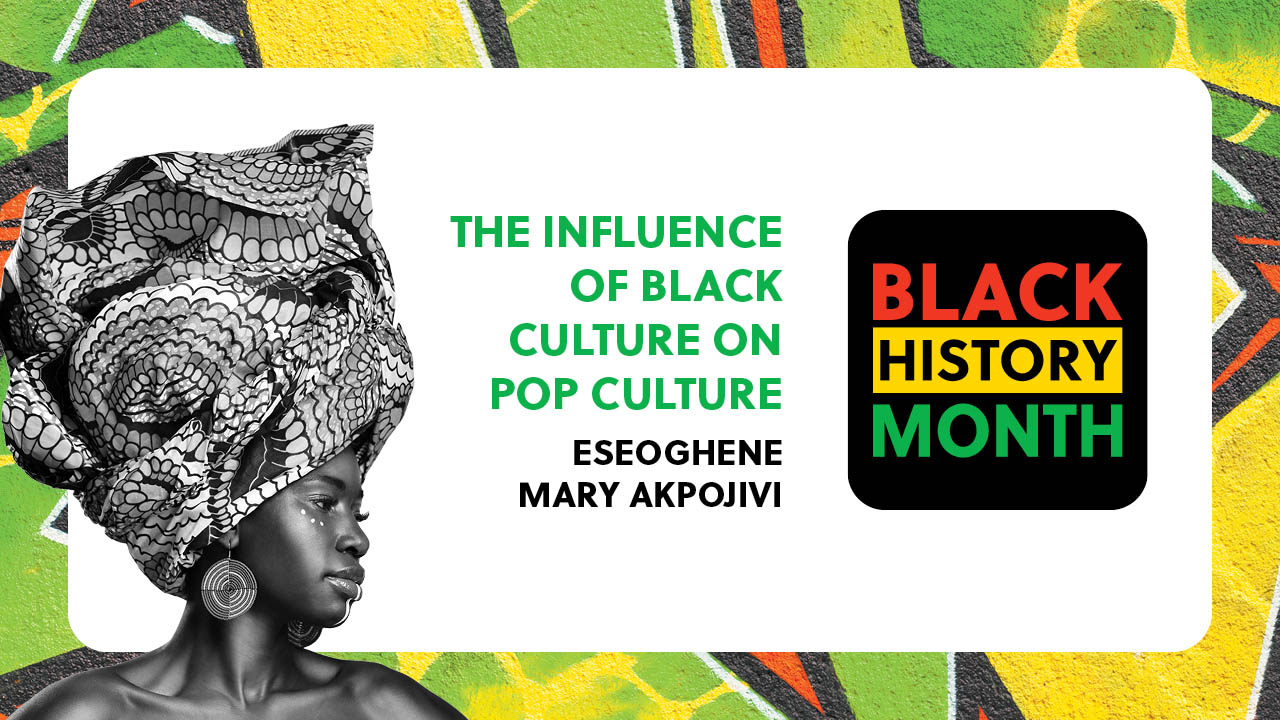The influence of Black culture on pop culture
 CREDIT: PEOPLEIMAGES
CREDIT: PEOPLEIMAGESThe influence of Black culture on popular culture, particularly in the realms of music, fashion, and language, has been profound and enduring. Black culture has played a pivotal role in shaping and defining various aspects of mainstream culture, contributing to trends, styles, and expressions that have resonated globally. However, this influence has often been accompanied by issues of appropriation and the importance of acknowledging and crediting the origins of these cultural contributions.
MUSIC
Black culture has been a driving force in the evolution of various music genres, such as jazz, blues, rock, and roll, hip-hop, R&B, and more. From the roots of African music to the blues in the early-20th century and the emergence of hip-hop in the late- 20th century, Black musicians have consistently pushed the boundaries of creativity. Icons like Louis Armstrong, Chuck Berry, Aretha Franklin, and Tupac Shakur have not only shaped their respective genres but have also left an indelible mark on the broader musical landscape.
FASHION
Black culture has significantly impacted the fashion industry, influencing trends, aesthetics, and the way people express themselves through clothing. Styles originating from African and African American traditions have been adopted and adapted into mainstream fashion. From the Afro-centric fashion of the 1960s and 1970s to the streetwear and urban fashion of today, Black culture has played a key role in setting trends and challenging conventional norms.
LANGUAGE
Language is another domain where black culture has had a lasting impact. African American Vernacular English (AAVE) has contributed to the linguistic landscape of popular culture. Phrases, slang, and expressions rooted in Black culture often find their way into mainstream language, further highlighting the influence of Black communities on how people communicate
APPROPRIATION
While the contributions of Black culture to popular culture are undeniable, issues of cultural appropriation have also been prevalent. Cultural appropriation occurs when elements of a minority culture are borrowed or taken by members of a dominant culture without proper acknowledgment or understanding. This can lead to the erasure of the cultural context and significance behind certain practices, styles, or expressions. It is crucial to recognize and respect the origins of cultural elements to avoid perpetuating stereotypes or contributing to cultural commodification.
IMPORTANCE OF GIVING CREDIT
Giving credit where it is due is essential in acknowledging the source of inspiration and maintaining a respectful dialogue between cultures. Recognizing the contributions of Black culture not only honours the creativity and resilience of Black communities but also fosters a more inclusive and equitable cultural landscape. It’s vital for individuals and industries to actively educate themselves about the cultural origins of various trends and practices, and to ensure that credit is attributed appropriately.
The influence of Black culture on popular culture is undeniable and multifaceted, spanning music, fashion, language, and beyond. While this influence has enriched and diversified mainstream culture, it’s essential to approach it with sensitivity, acknowledging the origins of cultural elements and ensuring that credit is given where it’s due. Cultural appreciation, rather than appropriation, is crucial for fostering a more inclusive and respectful global cultural landscape.















